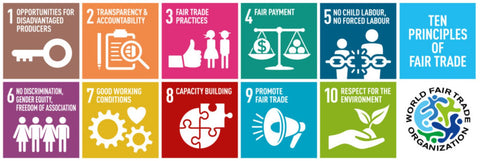Our Story
"Everyone can rise above their circumstances and achieve success if they are dedicated to and passionate about what they do." – President Nelson Mandela
SUSTAINABLE | FAIR TRADE | HANDMADE | WOMEN OWNED | ENVIRONMENTALLY FRIENDLY
At KOLUNTU, we celebrate the wonders of Africa – the vibrant landscapes, the tenacity of our people, and the endless wealth of natural resources. Every item in our collection is a unique piece of Africa, touched by Native Africans. KOLUNTU empowers talented, hard-working individuals by sharing their handcrafts and their uplifting stories with mindful, global citizens who appreciate the beauty and design of these works of art, as well as the integrity and culture woven into each piece.
Our love of indigenous materials locally sourced and crafted by the hands of our community evolved into a collection of wearable art made from ostrich skin and feathers, and the purest, most sustainable Mohair wool in the world.
Become a part of KOLUNTU.
KOLUNTU means “community” in Xhosa, a national language of South Africa. We are dedicated to creating a global community by connecting ethical consumers to the gorgeous, one-of-a-kind products handcrafted by local artisans. We are committed to aesthetics, design, and quality and that each glamorous piece of Africa you see in our collection is produced using only sustainably sourced materials. Our logo is a symbolic representation of a Kalinga Doll, which connects Heaven (our ancestors) with Earth (us), a bridge between the past and present.
We source all products in South Africa from like-minded organizations who live by the Fair Trade principles and can trace all materials to ensure they are sustainably farmed and ethically sourced. Additionally, we and our suppliers apply all Fair Trade principles including, payment of a fair price, ensuring no child/forced labor, good working conditions, and the promotion of Fair Trade.
We hope you will be proud to wear something that is both alluring and fairly made. When you purchase a piece from our collection, you make a difference in the lives of women and their children and become a part of our community. Welcome to KOLUNTU.
If you have any questions regarding our commitment to Fair Trade and sustainability practices, please contact nicci@koluntu.com

|


